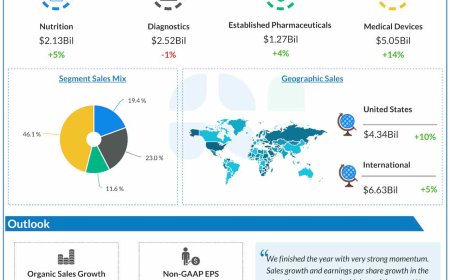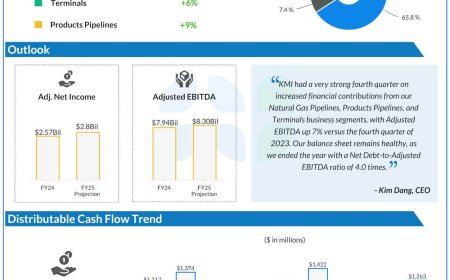Securing cybersecurity deals could boost pool of experts
THE PHILIPPINE government should secure more deals with cybersecurity industry players and international universities to boost Manila’s pool of cybersecurity experts as it tries to beef up defenses before the midterm elections next year.

By John Victor D. Ordoñez, Reporter
THE PHILIPPINE government should secure more deals with cybersecurity industry players and international universities to boost Manila’s pool of cybersecurity experts as it tries to beef up defenses before the midterm elections next year.
“To boost its pool of cyber experts, the government should prioritize partnerships with Academia and Industry: Foster collaborations between government, universities, and industry leaders to align cybersecurity education with market needs,” Dominic Vincent D. Ligot, founder of CirroLytix Research Services and a consultant for the Information Technology (IT) and Business Process Association of the Philippines, told BusinessWorld in an e-mail.
This comes after the Marcos administration added a bill that seeks to strengthen Philippine cybersecurity to its list of priority measures.
“The law should provide funding for research and development in cybersecurity and support training programs for cybersecurity professionals. It should also encourage public education campaigns to promote cyber hygiene,” Ronald B. Gustilo, national campaigner for Digital Pinoys, said in a Viber message.
Department of Information and Communications Technology (DICT) Undersecretary Jeffrey Ian C. Dy earlier told reporters the National Cybersecurity bill would include fines and administrative penalties against groups that operate critical information infrastructure that fail to report cyberattacks to the government.
In 2022, the Philippines only had about 200 cybersecurity professionals compared with 2,000 in Singapore, DICT Secretary Ivan John E. Uy earlier said, noting that 80% of Filipino cyber experts work overseas.
Mr. Uy said the government is finding it hard to attract more cybersecurity experts due to lower pay at about P50,000 a month, compared with about P200,000 in the private sector.
Mr. Ligot also cited the need to invest in robust technology to reduce the likelihood of human error in maintaining critical state infrastructure.
“This includes better identity management solutions, secure authentication methods, and user training that emphasizes the importance of cybersecurity in everyday activities,” he said.
Last year, the Philippine Health Insurance Corp. was hit by Medusa ransomware, with more than 600 gigabytes of data stolen by hackers.
The DICT has identified and addressed more than 20,144 vulnerabilities in state cybersecurity systems this year, DICT Undersecretary David L. Almirol, Jr. told a Senate hearing in October.
“The law should ensure regular updates and reviews to keep pace with technological advancements and establish a monitoring body to ensure compliance and effectiveness of the law,” Mr. Gustilo said.











































